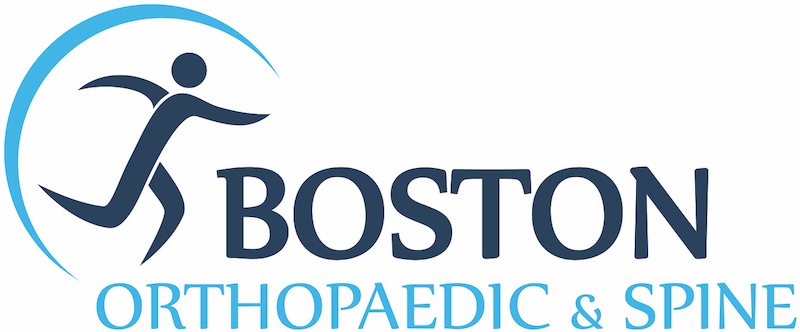When Is It Time To See An Orthopedic Surgeon?
All blogs reviewed by Physicians for accuracy.
When you’re dealing with musculoskeletal pain or injuries, knowing when to seek specialized care from an orthopedic surgeon or physician assistant is crucial. Whether you’re experiencing chronic joint pain, a sports injury, or any condition affecting your bones, muscles, or joints, an orthopedic surgeon can provide expert diagnosis, treatment, and rehabilitation. In this blog post, we will guide you through the signs and symptoms that indicate it’s time to see an orthopedic surgeon. At Boston Orthopedic & Spine, we want to provide care and ease your mind sooner, rather than later. Both to prevent further injury -AND- to get you back to normal life as soon as possible.
Persistent or Severe Pain:
If you’re experiencing persistent or severe pain that affects your daily activities, it may be time to consult an orthopedic surgeon. Chronic joint pain, back pain, or any pain that limits your mobility and quality of life should not be ignored. An orthopedic surgeon can identify the underlying cause of your pain and develop a personalized treatment plan to alleviate your discomfort.
Sports-related Injuries:
Sports-related injuries don’t have to come from sports activities. These injuries can range from sprains and strains to more severe fractures and ligament tears and can occur from normal day to day life. If you’ve sustained a sports-related injury, it is important to seek prompt medical attention from an orthopedic surgeon. They specialize in treating and rehabilitating sports-related injuries, helping athletes of all levels regain optimal function and get back to their activities safely.
Limited Range of Motion:
If you’re experiencing limited range of motion in a joint or difficulty performing certain movements, it could be a sign of an underlying orthopedic condition. Conditions such as arthritis, tendinitis, or torn ligaments can restrict joint mobility. An orthopedic surgeon can assess your condition, provide a diagnosis, and recommend appropriate treatment options to improve your range of motion and restore functionality.
Deformities or Instability:
Deformities or joint instability should not be ignored, as they can significantly impact your daily life. Whether it’s a visible deformity, joint dislocation, or recurrent joint instability, an orthopedic surgeon can evaluate the condition and determine the best course of action. Surgical interventions may be necessary to correct deformities or stabilize joints, helping you regain stability and prevent further complications.
Failed Non-Surgical Treatments:
If you have tried conservative treatments such as physical therapy, medication, or injections without significant improvement, it may be time to consider seeing an orthopedic surgeon. They can provide a comprehensive evaluation and explore surgical options, when appropriate, to address the underlying cause of your condition and optimize your recovery.
Referral from a Primary Care Physician:
Your primary care physician may refer you to an orthopedic surgeon if they suspect an orthopedic condition or if conservative treatments have not been effective. Following your physician’s recommendation and seeking specialized care from an orthopedic surgeon can provide you with the expertise necessary to accurately diagnose and treat your condition.
Addressing orthopedic injuries promptly is critical. Even when the pain or discomfort appears minimal, early intervention can greatly improve outcomes. Delaying treatment until the pain becomes severe or begins to impact your daily life could potentially complicate your recovery. As an injury worsens, the required treatment typically becomes more complex. Therefore, it’s highly advisable to consult one of our world-class physician assistants or orthopedic specialists at the earliest sign of trouble.
Don’t delay seeking the care you need to get back to doing what you love.
